
Ogoni 9: 24 years after their execution, court told by key witness: “Yes Shell bribed me.”
At a trial in the Hague, three witnesses testify they were bribed by Shell to give evidence against Ken Saro-Wiwa and the other Ogoni 9 in the nineties.
Read the latest insights and analysis from the experts at Oil Change International.

At a trial in the Hague, three witnesses testify they were bribed by Shell to give evidence against Ken Saro-Wiwa and the other Ogoni 9 in the nineties.
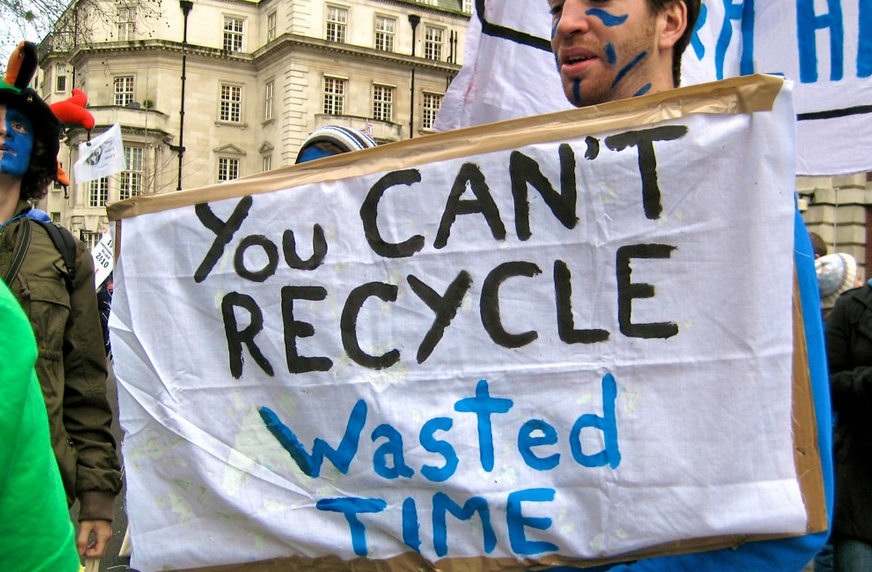
“Rather than planning an orderly decline in production", Big Oil is "doubling down and acting like there is no climate crisis. This presents us with a simple choice: shut them down or face extreme climate disruption.”
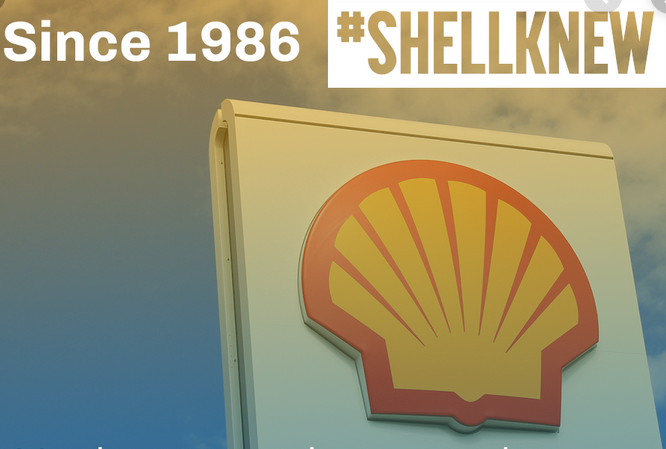
At the end of the day, Shell still cares more about its shareholders than it does about society. It cares more about profit than it does people. It cares more about cash than a safe climate.
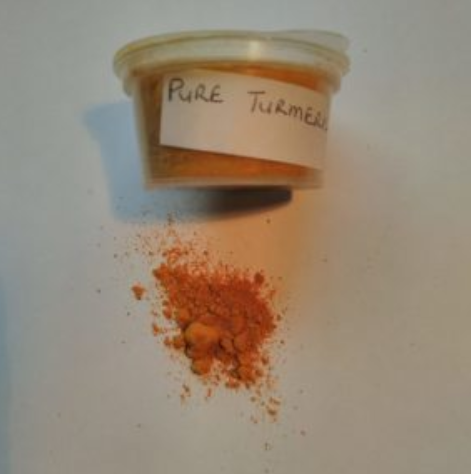
We are struck by some parallels between the Ogoni struggle, the insistent energy of the recent School Strikes and Extinction Rebellion's actions over the past weeks.
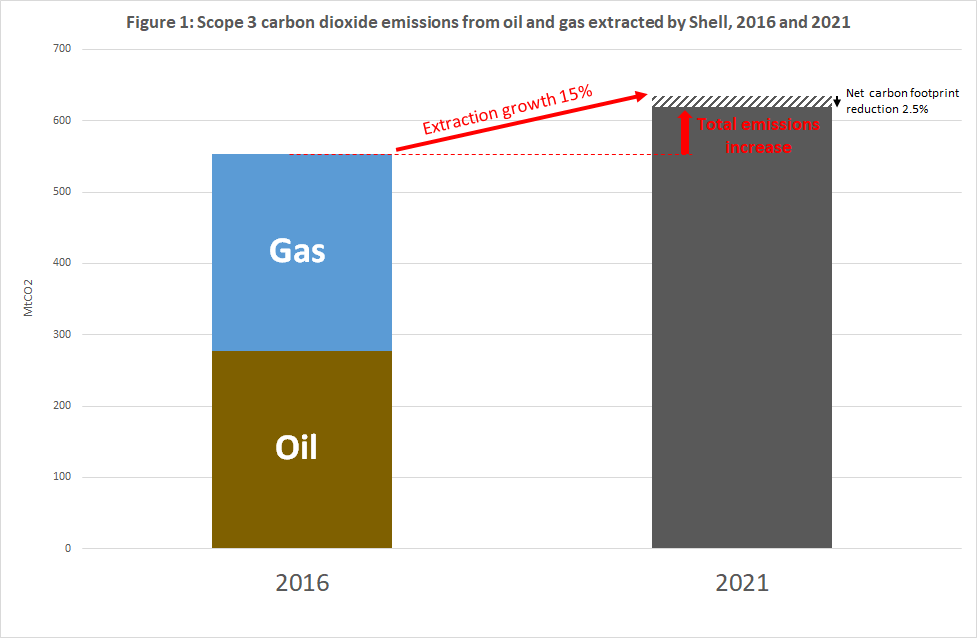
Shell's climate claims don't add up - a closer look at the oil giant's plans.
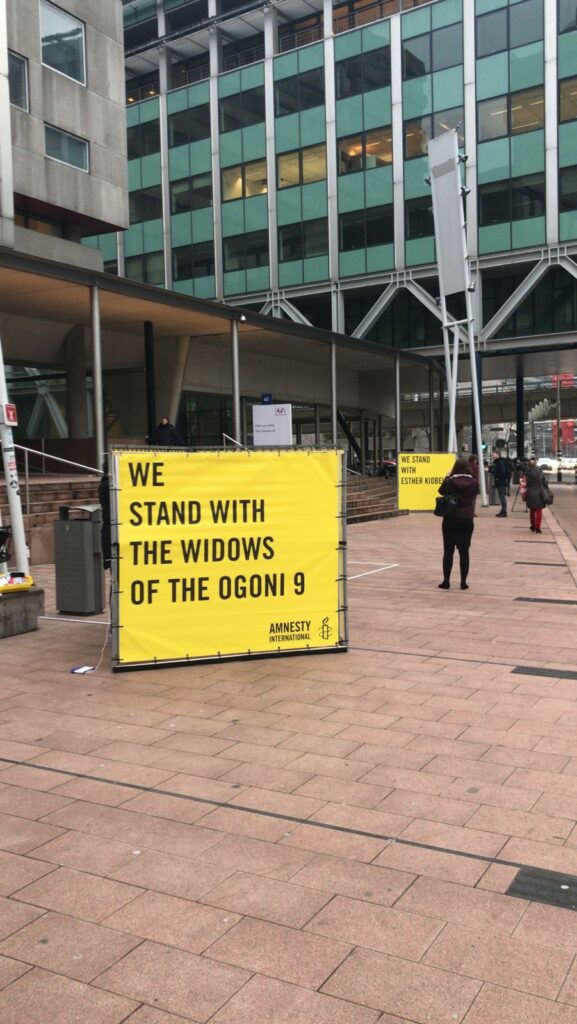
In an historic judgement yesterday, a Dutch court issued an interim ruling that it does have jurisdiction to hear the legal case bought by four widows of the Ogoni 9, who were murdered by the Nigerian military back in 1995.
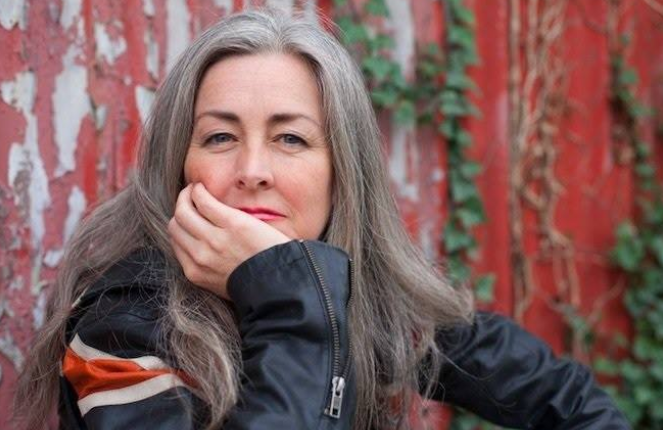
“Until we have a law to prosecute those who destroy the planet, corporations will never be called to account for their crimes”.
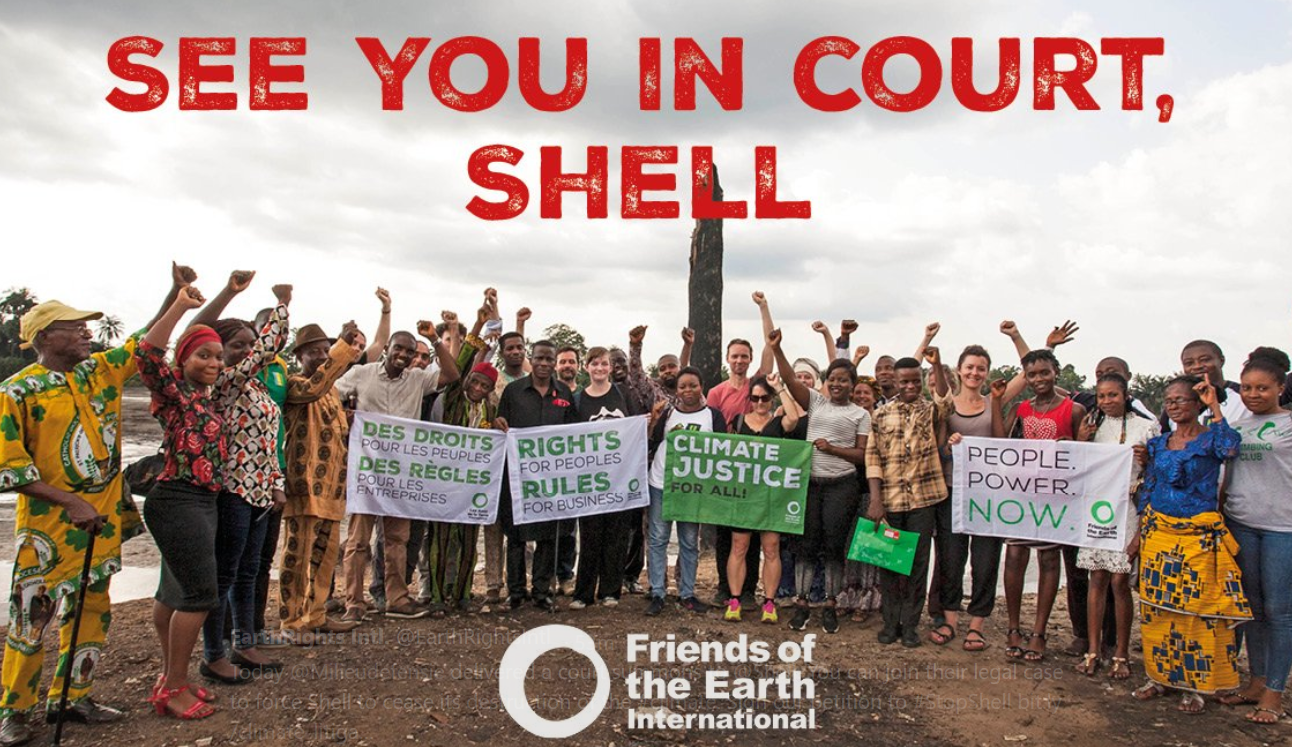
Earlier today in the Hague, the oil giant Shell received an historic court summons demanding it to reduce its carbon emissions in line with internationally recognized climate goals. The lawsuit is known as #ThePeoplevsShell.
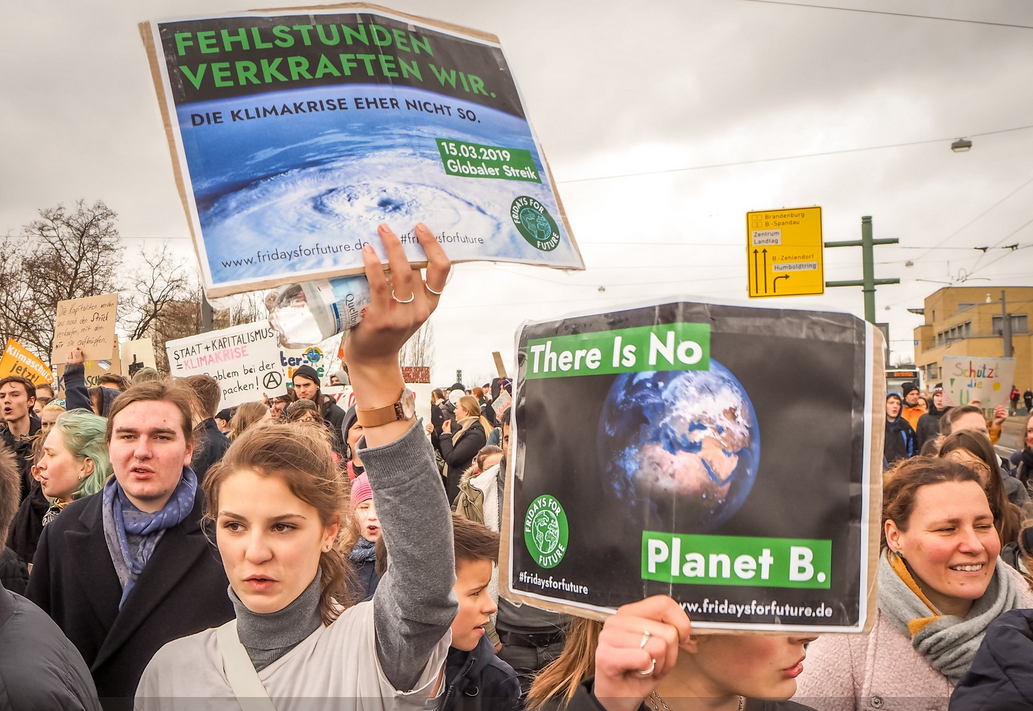
As the young march, Big Oil carries on as usual - rewarding its senior executives with obscene amounts of money for destroying the very future the young are fighting for.
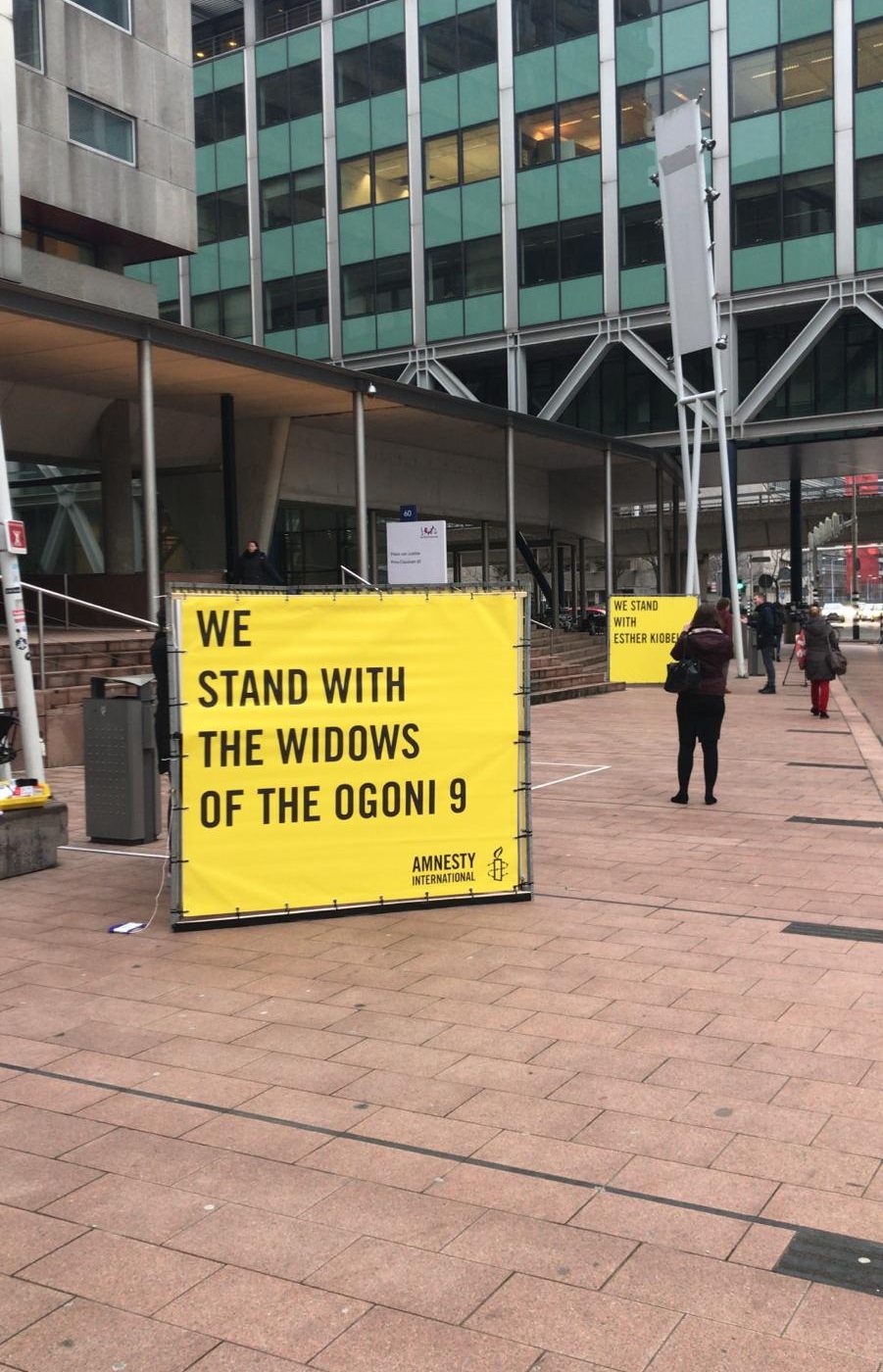
Some twenty four years after Saro-Wiwa’s death, along with eight of his colleagues, who were illegally murdered by the Nigerian Government for their campaign against Shell, a Dutch court today heard from the widows of those hung.